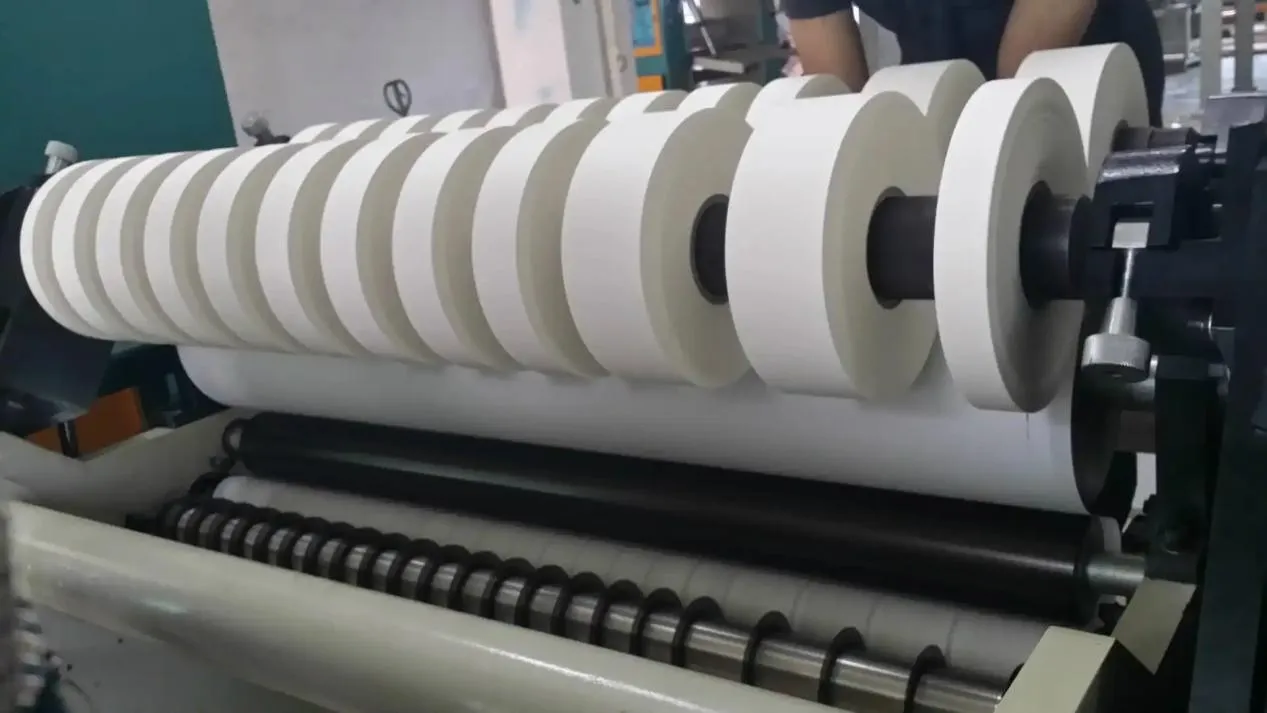
Characteristics And Applications Of Cellulose
Cellulose is a natural polymer compound mainly composed of β - glucose units connected by β -1,4-glycosidic bonds, and is the main component of plant cell walls. As one of the most abundant organic polymers on Earth, cellulose not only plays an important role in plant physiological structures, but also has a wide range of applications in industry and daily life. This article will explore the main characteristics and application fields of cellulose.

Целлюлозаның құрылымдық сипаттамалары оған нақты физикалық және химиялық қасиеттерді береді
-ның жоғары заңдылығы мен кристалдылығы carboxymethyl cellulose молекулалық тізбектер оған жоғары механикалық беріктік пен тұрақтылық береді. Сонымен қатар, көптеген гидроксил (- OH) топтары целлюлозаның сутегі байланыстарын құруына мүмкіндік береді, бұл оның суда төмен ерігіштігін арттырады, бұл целлюлозаны ылғалды ортада тұрақты етеді. Сонымен қатар, целлюлозаның биоүйлесімділігі мен биоыдырағыштығы да маңызды белгілер болып табылады, бұл оның экологиялық ортаға әсерін салыстырмалы түрде аз етеді.
Қолдану тұрғысынан целлюлоза кең және әртүрлі қолдану аясына ие
Firstly, in the field of agriculture, cellulose, as a component of some animal feed, enhances the nutritional value of the feed and promotes animal digestion. Secondly, cellulose is widely used in the food industry as a thickener, stabilizer, and emulsifier, helping to improve the texture and freshness of food. In addition, methyl cellulose also holds a place in the pharmaceutical industry as an excipient for drugs, providing excellent release characteristics and bioavailability.

Another important application area is the development of cellulose derivatives
Through chemical modification, hydroxyethyl cellulose can be converted into derivatives with different functions, such as carboxymethyl cellulose, cellulose ether, etc. These derivatives have been widely used in industries such as cosmetics, plastics, and coatings. Especially in the paper industry, cellulose is regarded as a raw material, and various types of paper and cardboard are produced through chemical and physical processing, demonstrating its importance in resource utilization.
The biodegradability of cellulose makes it highly potential for sustainable development
Against the backdrop of global concern for environmental protection and renewable resources, the use of ethyl cellulose source materials to manufacture biodegradable plastics has become one of the research hotspots. This type of new material not only reduces reliance on traditional petroleum based plastics, but also helps alleviate environmental pollution problems.
In summary, cellulose, as an important natural polymer material, has demonstrated extensive application value in many fields due to its unique chemical and physical properties. Whether in the fields of food, agriculture, pharmaceuticals, or environmentally friendly materials, the potential of cellulose is worth further exploration. In today's society where sustainable development is increasingly valued, the research and application of cellulose will provide more solutions to address environmental challenges.
-
The Versatility of Hydroxyethyl Cellulose in Cosmetics and SkincareNewsAug.21,2025
-
The Versatile Applications and Market Trends of Hydroxyethyl CelluloseNewsAug.21,2025
-
Exploring the Versatility of HPMC: Applications, Types, and Industrial InsightsNewsAug.21,2025
-
Exploring the Versatility of Cellulose: From Packaging to Fiber ApplicationsNewsAug.21,2025
-
Exploring Hydroxyethyl Cellulose: Uses, Benefits, and Market InsightsNewsAug.21,2025
-
Enhancing Cement Performance with Redispersible Emulsion PowderNewsAug.21,2025





















